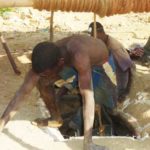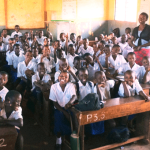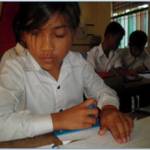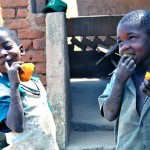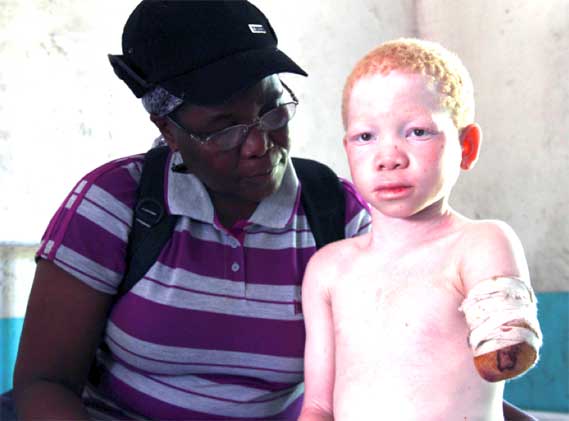Championing local leadership in development work is fundamental to long-term impact
The development sector replicates many of the very injustices it claims to work against, reproducing these historical power dynamics and stripping agency from the very people it claims to support. How can international organisations truly work towards equality when they underpay local staff, continue to think of development as unidirectional, and don’t allow for a true shift in power towards local leaders who most fully understand the needs of their own communities?
Child Mining in Tanzania: A Forgotten Story
By Tony Spence
Children are often attracted to mining due to a lack of regulation and the promise of easy money. As a result, thousands of children in Tanzania work in difficult and dangerous conditions for little money in which their education, safety and wellbeing is compromised.How Free is Free Education in Kenya & Uganda?
Free education is a concept that is only free on paper, but the reality is, education in Uganda and Kenya is expensive. There have been cases where students had to buy a bag of cement, toilet papers and brooms for their school. And in some cases students who fail to make book donations to school have been sent away.
Severe food crisis hits Yemen: children malnourished, on the brink of starvation
War, rising food prices, a health system overwhelmed by COVID-19, and funding challenges are deeply impacting access to food for children all across Yemen, pushing up the number of children who are on the brink of hunger or even starvation, Save the Children has warned.
‘A third of world’s children suffer from lead poisoning’
Informal and substandard recycling of lead-acid batteries is a leading contributor to lead poisoning in children living in low and middle-income countries, the report says.
Cambodia: Inclusive Education Combats Social Barriers
Despite its rating as least-developed country (LDC) where 56.5 per cent of the population are estimated by the World Bank (WB) to earn less than $2 a day (adjusted for purchasing power parity), Cambodia is consistently, albeit incrementally, improving its enrolment and literacy rates and successfully reducing poverty (from 34.7 per cent in 2004 to 30.1 per cent in 2007, WB). However, marginalized, physically impaired people are still severely affected by income inequality and exclusion.
Climate Change Drives Rural-Urban Migration to Dhaka’s Slums
Due to climate change-driven rising flood waters in Bangladesh workers are leaving their land and moving to the country’s cities in their droves.
Seasonal flooding...
Child Soldiers of the 21st Century: What Can be Done About Them?
After armed groups in South Sudan recently released over 200 child soldiers, now is the ideal time to explore why more needs to be done to prevent children's lives being corrupted by violence.
Malnutrition and Empty International Promises
By Olufunmilayo Akande Today, 16,000 children worldwide die each day before celebrating their fifth birthday as a result of preventable causes linked to malnutrition.
Orange Sweet Potato Reduces Diarrhea in Children, Study Finds
A new study has found that orange sweet potato (OSP) reduced both the prevalence and duration of diarrhea in young children in Mozambique.



